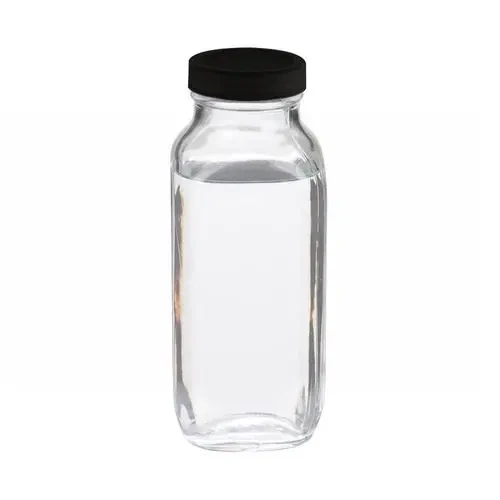Municipal water treatment is a crucial procedure that ensures the water supplied to homes and businesses is safe for consumption and use. The process involves various chemical treatments that help purify water by removing contaminants, pathogens, and undesirable substances. This article will explore the key chemicals used in municipal water treatment and their roles in securing potable water.
One of the primary chemicals used in water treatment is chlorine. This powerful disinfectant is widely employed due to its effectiveness against a broad spectrum of pathogens, including bacteria and viruses. Chlorine is typically added to the water supply as a gas, liquid bleach, or in the form of calcium hypochlorite. In addition to killing harmful microorganisms, chlorine also forms chloramines, which can provide residual disinfection as water travels through distribution systems. However, chlorine can react with organic matter in water to form potentially harmful byproducts, necessitating careful monitoring and management.
Another significant chemical used in municipal water treatment is aluminum sulfate, commonly known as alum. Alum serves as a coagulant, helping to remove suspended particles from water. When added to water, it causes small particles to aggregate into larger clusters, which can then be easily removed through sedimentation or filtration processes. The use of alum not only improves water clarity but also significantly reduces levels of turbidity and other contaminants.
Lime is also an essential chemical in the treatment of municipal water. This compound is primarily used for pH adjustment and softening hard water. By adding lime to water, municipalities can raise its pH, which facilitates the precipitation of hardness-causing minerals like calcium and magnesium. This softening process is vital because hard water can lead to scale buildup in pipes and appliances, reducing their efficiency and lifespan. Additionally, lime can help remove heavy metals, such as lead and copper, enhancing the overall safety of drinking water.
what chemicals are used in municipal water treatment

Sodium hydroxide (caustic soda) is another chemical commonly used in water treatment facilities for pH adjustment. A balanced pH is crucial for water safety and stability, particularly in preventing corrosion of pipes. When water is too acidic, it can leach metals from the plumbing system, posing health risks. Sodium hydroxide helps mitigate these risks by raising the pH to a safe level, thus ensuring water remains safe throughout its distribution.
Additionally, ferric chloride and ferric sulfate are utilized as coagulants similar to alum. These chemicals are effective in removing phosphates and heavy metals from water, contributing to improved water quality. They work through a process called flocculation, where fine particles clump together and can then be filtered out.
Other chemicals used in municipal water treatment include activated carbon, which is effective in removing taste, odor, and certain organic compounds, and ozone, a powerful oxidizer used for disinfection. Ozone treatment is advantageous as it does not introduce any harmful residuals into the water supply, although it requires careful handling and strict operational controls due to its reactive nature.
In conclusion, municipal water treatment relies on a variety of chemicals, each serving a specific purpose in ensuring water safety and quality. From disinfection with chlorine to coagulation with alum and pH adjustment with lime and sodium hydroxide, these chemicals are essential in providing communities with clean, safe drinking water. Continued advancements in treatment technologies and regulatory standards will further enhance the effectiveness of these chemicals, ensuring that public health is protected while delivering high-quality water. Understanding and managing the use of these chemicals is crucial for the sustainability of municipal water systems and the safety of the populations they serve.

